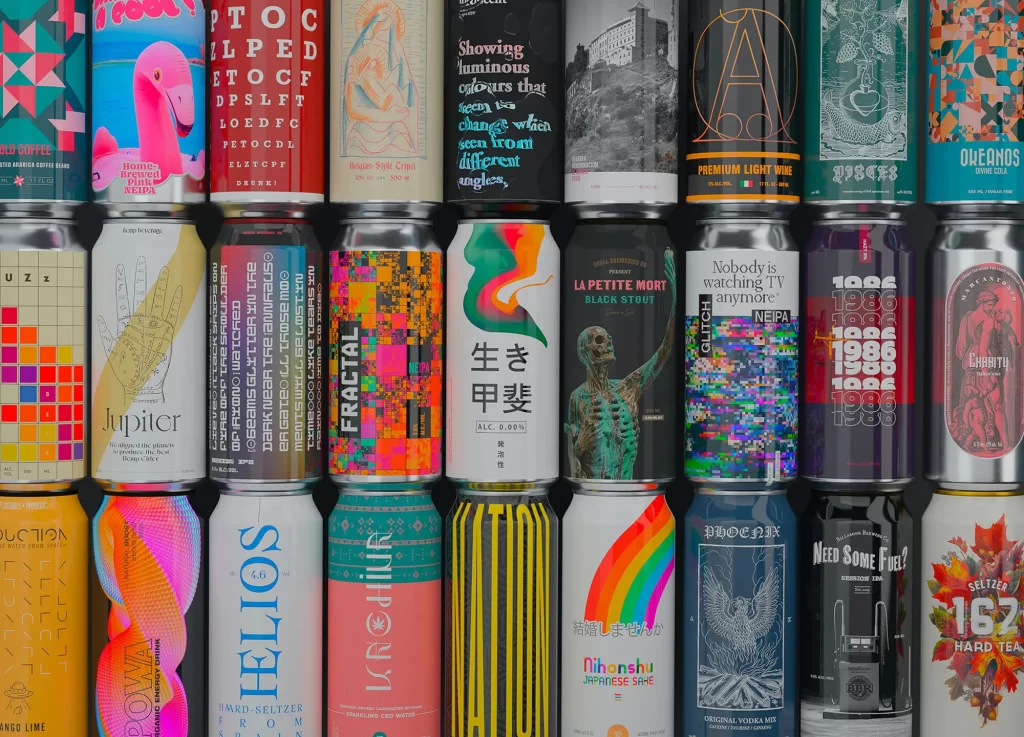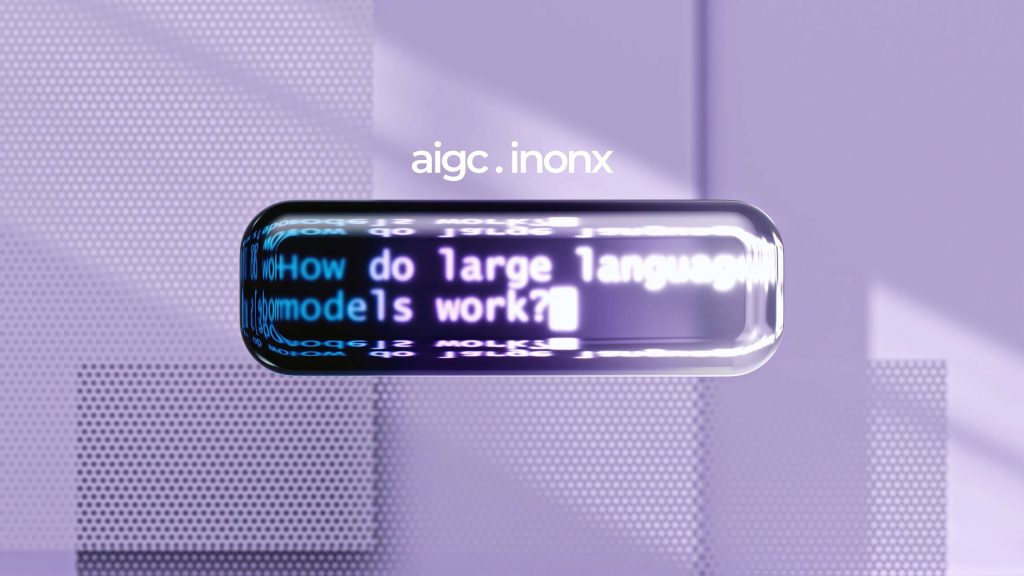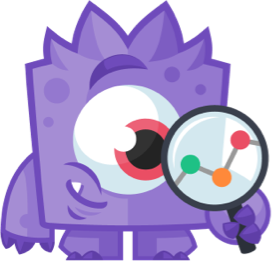The retail industry is undergoing a significant transformation driven by advances in technology, particularly artificial intelligence (AI). From streamlining operations to improving customer experiences, AI holds the key to unlocking unprecedented potential in retail automation and voice recognition. Let’s explore the current trends, industry applications, technical insights, and notable use cases that showcase AI’s robust capabilities in the retail space.
.
**The Current State of AI in Retail Automation**
AI technologies are becoming increasingly integrated into various aspects of the retail industry, enhancing operational efficiency and customer engagement. Retailers are leveraging AI for inventory management, customer relationship management, personalized marketing, and predicting consumer behavior. The global AI in retail market is projected to grow significantly, with a compound annual growth rate (CAGR) of over 30% in the coming years, underscoring the extensive adoption of these technologies in the sector (ResearchAndMarkets.com).
.
AI systems utilize data analytics to assess inventory levels, sales trends, and customer preferences. By analyzing past purchasing behaviors, retailers can optimize stock levels, improve logistics processes, and reduce waste. For example, companies such as Walmart use AI for demand forecasting, allowing them to stock the right products at the right time, thereby reducing out-of-stock incidents and enhancing customer satisfaction.
.
**Voice Recognition: Enhancing Customer Experience**
Voice recognition technology is an integral part of the AI toolkit that is revolutionizing the retail landscape. With the rise of smart speakers and voice assistants, customers expect seamless interaction with brands using voice commands. AI-driven voice recognition technology is enabling retailers to meet these expectations, providing customers with a hands-free shopping experience.
.
Leading companies like Amazon and Google have successfully implemented voice recognition in their retail services. Amazon’s Alexa allows users to order products with simple voice commands while providing personalized product recommendations based on previous purchases. This enhanced convenience not only boosts sales but also strengthens customer loyalty.
.
**Key Industry Applications of AI in Retail**
1. **Personalized Marketing**: AI algorithms analyze customer data to deliver personalized content and recommendations. Retailers can tailor their marketing strategies based on demographics, past purchases, and browsing habits. For instance, clothing retailers leverage AI to suggest items to customers based on their style preferences and previous purchases.
2. **Customer Service Automation**: Chatbots powered by natural language processing (NLP) capabilities are changing how retailers interact with customers. AI-driven chatbots can handle a range of customer inquiries, from order tracking to product recommendations, streamlining customer service and reducing operational costs.
3. **Fraud Detection**: AI systems can detect and prevent fraudulent transactions in real-time by analyzing transaction patterns and flagging suspicious activities. Retailers such as Target use AI to monitor anomalies in credit card transactions, safeguarding their customers and their bottom lines.
4. **Robotic Process Automation (RPA)**: Retailers are adopting RPA to automate repetitive tasks, such as invoice processing and payroll management. This allows employees to focus on more strategic activities, ultimately improving productivity.
.
**Technical Insights: The Mechanics Behind AI Retail Solutions**
To understand the depth of AI’s impact on retail, it is essential to delve into the technology that underpins these solutions. Most AI applications in retail are powered by machine learning, which enables systems to learn from data and improve over time.
.
Machine learning algorithms are designed to process vast amounts of structured and unstructured data collected from various sources. This data might include customer transactions, social media interactions, and even feedback from customer service.
.
Neural networks, particularly deep learning models, are also gaining traction in the retail industry. These models mimic the human brain’s architecture, allowing for improved image and voice recognition capabilities. Retailers use these technologies to enhance their marketing strategies and improve customer interactions through automated insights from customer behaviors.
.
**Noteworthy Use Cases of AI in Retail Automation**
1. **Sephora**: The beauty retailer Sephora is leveraging AI with its virtual artist feature, which allows customers to try on makeup virtually through augmented reality. The combination of AI and AR provides a unique and personalized shopping experience, resulting in higher customer engagement and increased sales.
2. **CVS Health**: CVS is utilizing AI-driven chatbots to assist customers in finding products, checking store hours, and managing their prescriptions. The integration of AI not only optimizes the customer experience but also allows store associates to concentrate on more complex customer requests.
3. **Best Buy**: This electronics retailer relies on AI-driven analytics to enhance inventory management and optimize product recommendations. By analyzing customer behaviors and market trends, Best Buy minimizes overstock situations and improves the shopper’s journey.
4. **Walgreens**: Walgreens uses AI in its mobile app to help customers locate products in-store using voice recognition. Customers can simply ask where to find specific items, improving the shopping experience by minimizing time spent searching for products.
.
**Future Trends: The Next Frontier in AI for Retail**
As AI technology continues to evolve, several key trends are likely to shape the future of retail automation and voice recognition:
1. **Increased Integration of AI with IoT**: The Internet of Things (IoT) and AI are set to merge, providing retailers with valuable insights from connected devices. Smart shelves can automatically update inventory levels, while AI analyzes usage patterns to enhance stock management.
2. **Augmented Reality (AR) and AI Convergence**: Retailers will combine AI with AR technologies to create immersive shopping experiences. Shoppers may soon have the ability to virtually try out products in their own environments, effectively bridging the gap between online and in-store shopping.
3. **Ethical AI**: As the use of AI in retail becomes widespread, concerns around data privacy and ethics will come to the forefront. Retailers will need to address these issues while ensuring compliance with regulations such as GDPR.
4. **Personalization at Scale**: AI’s ability to process vast datasets will allow retailers to deliver hyper-personalized marketing campaigns. Brands will leverage customer data not just for product recommendations but to create tailored experiences throughout the entire customer journey.
.
**Conclusion: Embracing AI as a Catalyst for Retail Innovation**
AI is not just a trend in the retail industry; it is a transformative force that is reshaping how businesses operate and connect with customers. From automating processes to enhancing customer engagement through voice recognition, the applications of AI are vast and varied.
.
As retailers embrace these technologies, they will increasingly rely on data-driven insights to inform their strategies and decision-making. With AI continuing to evolve and integrate with other emerging technologies, the retail landscape is poised for exciting innovations that will redefine the shopping experience.
.
With organizations investing in AI for real-time analytics and operational efficiency, it is clear that the future of retail will be deeply intertwined with artificial intelligence. By adopting these advanced technologies, retailers can stay competitive and meet the evolving demands of today’s consumers.
.
**Sources:**
– ResearchAndMarkets.com. “AI in Retail Market – Growth, Trends, and Forecasts (2023 – 2028).”
– Forbes. “How AI Is Reshaping The Retail Sector.”
– McKinsey & Company. “How Retailers Can Win with AI.”
– Accenture. “Artificial Intelligence in Retail: Benefits and Opportunities.”



























